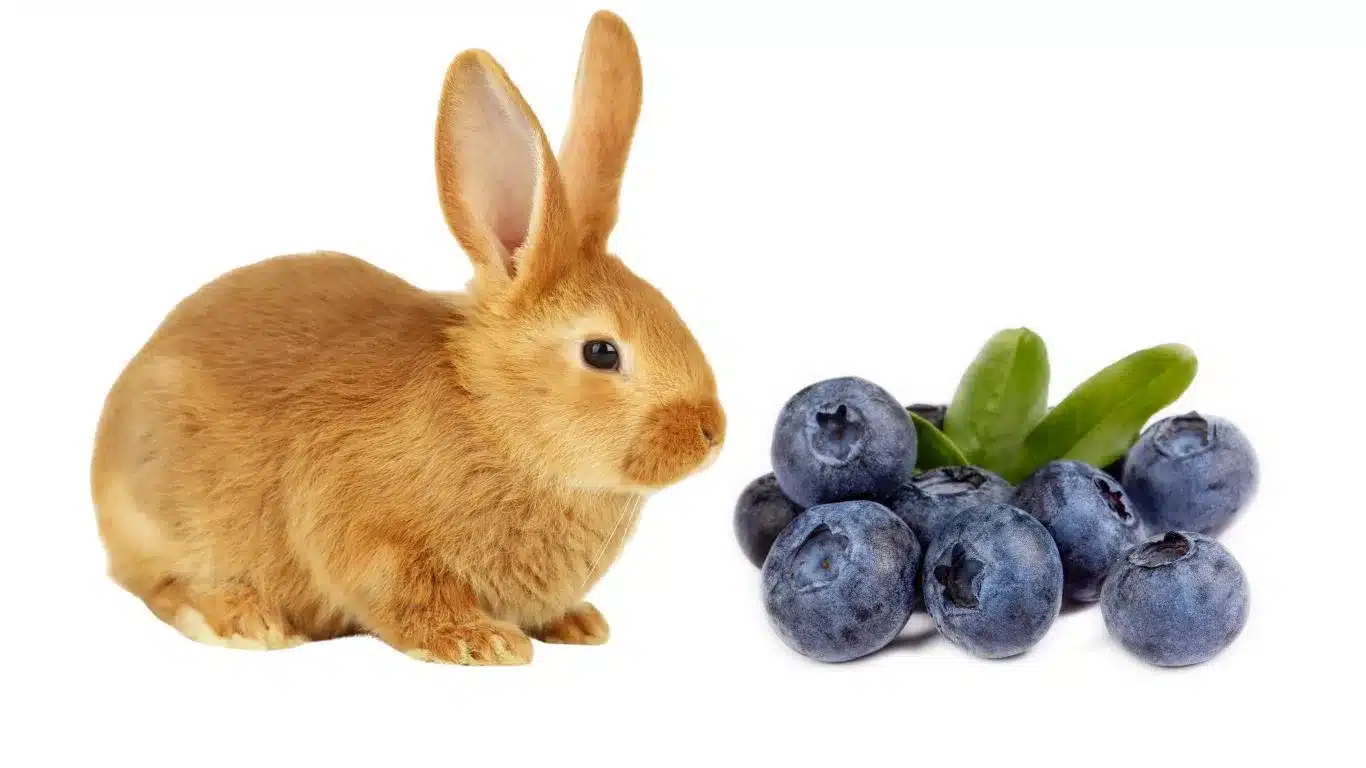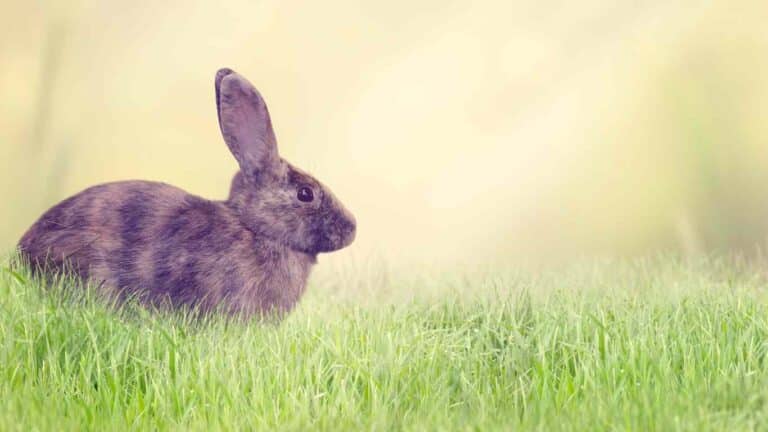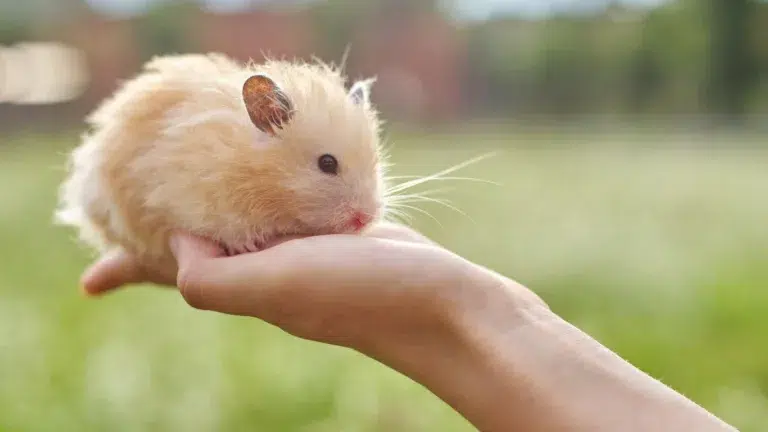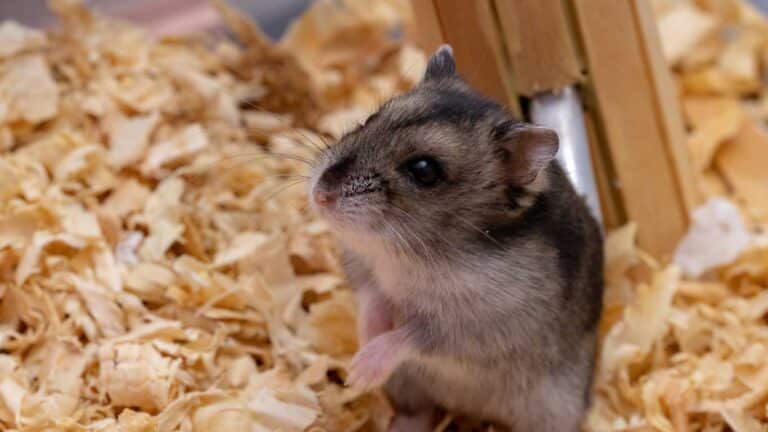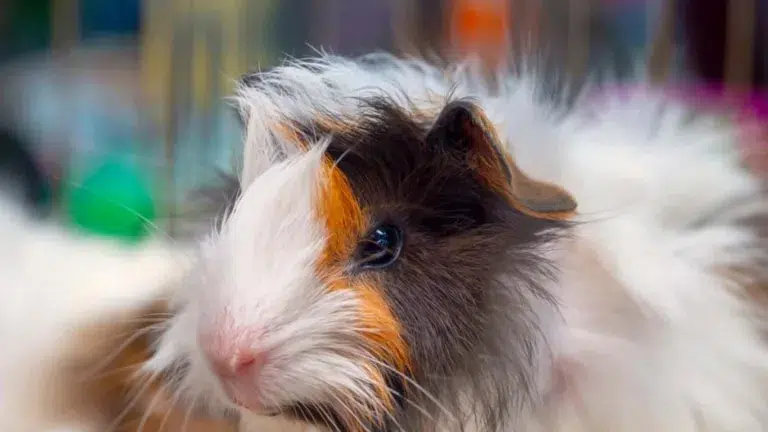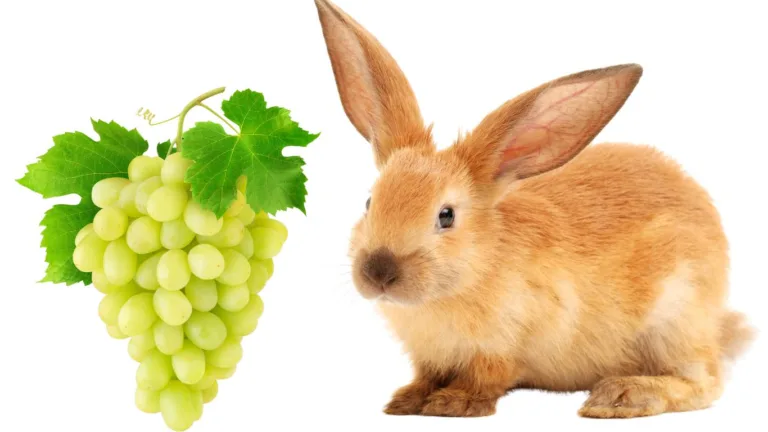Rabbits can safely consume blueberries as part of a balanced diet. Blueberries are a tasty and nutritious treat for bunnies, providing essential vitamins, antioxidants, fiber, and hydration. However, it’s important to ensure portion control, freshness, and thorough washing of blueberries before feeding them to rabbits. Blueberries should be given sparingly and should not make up a significant portion of a rabbit’s diet. Other fruits that rabbits can enjoy in moderation include apples, bananas, strawberries, pears, and melons.
Berry Nuggets:
Can Rabbits Eat Blueberries? Yes, in Moderation
Yes, rabbits can safely eat blueberries in moderation. Blueberries are a healthful occasional addition to a rabbit’s daily diet. However, excessive consumption can lead to digestive upset and obesity due to their high sugar content.
It’s important to limit the serving size to a few small berries at a time and to ensure that the blueberries are fresh and free from mold or spoilage. Thoroughly washing the blueberries before feeding them to the rabbit is also essential to remove any pesticides or contaminants.
Blueberries can provide a burst of flavor and nutritional benefits for rabbits, but it’s crucial to remember that they should only make up a small part of their overall diet. Balancing the intake of blueberries with other fruits, vegetables, hay, and high-quality rabbit pellets will help maintain a well-rounded and healthy diet for your furry friend.
Taking into account your rabbit’s individual dietary needs and consulting with a veterinarian can help ensure that you are providing the right amount of blueberries and other foods to keep your rabbit happy and healthy.
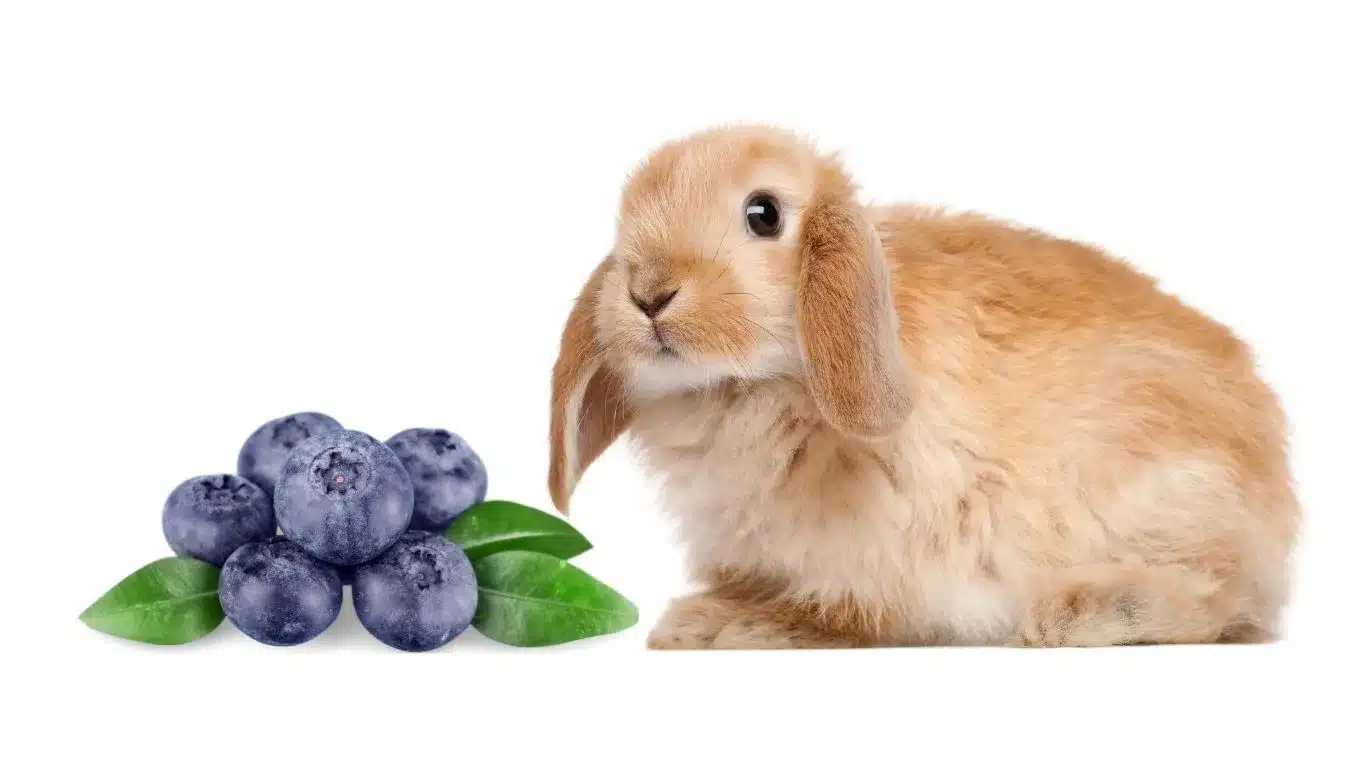
“Blueberries are a tasty and nutritious treat that rabbits can enjoy, but it’s important to feed them in moderation to avoid any potential health issues.”
Freshness and Preparation
When feeding blueberries to your rabbit, it’s crucial to choose fresh berries and remove any mold or spoiled portions. Washing the blueberries thoroughly under running water helps eliminate pesticides or other contaminants that might be present on the skin.
Serving Size and Frequency
To prevent digestive issues and obesity, limit the serving size for your rabbit to a few small berries at a time. Blueberries should be offered as an occasional treat rather than a daily staple. This ensures that your rabbit receives a balanced diet and provides a variety of nutrients from other sources as well.
Listening to Your Rabbit’s Needs
As with any new food, it’s important to monitor your rabbit’s reaction to blueberries. Introduce them slowly and observe any changes in digestion or behavior. Rabbits can have individual sensitivities or preferences, so it’s essential to tailor their diet accordingly.
Additional Considerations
Remember that rabbits should only eat raw foods, as cooked food can upset their delicate digestive systems. Serving blueberries along with other rabbit-friendly fruits and vegetables can help provide a diverse range of nutrients and flavors.
By offering blueberries in moderation and taking into account your rabbit’s specific dietary needs, you can safely incorporate these tasty treats into their overall nutrition plan.
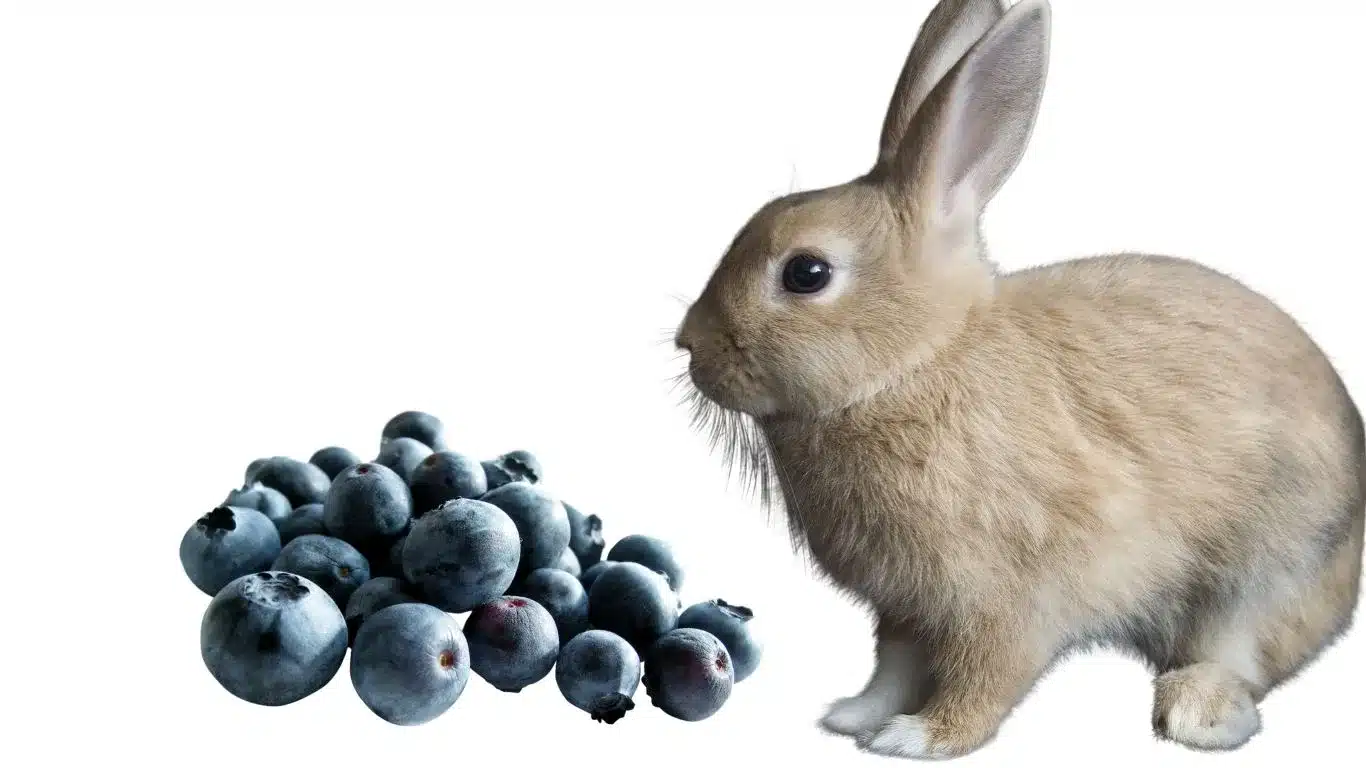
Benefits of Blueberries for Rabbits
Blueberries offer several nutritional benefits for rabbits. They are a good source of vitamins, particularly vitamin C, which supports the immune system and aids in wound healing. Blueberries are also rich in antioxidants, such as anthocyanins, which protect rabbit cells from damage.
The dietary fiber found in blueberries helps maintain healthy digestion and prevents gastrointestinal issues like hairballs and GI stasis. Additionally, the high water content in blueberries contributes to a rabbit’s hydration levels.
To illustrate the nutritional content of blueberries, below is a table showcasing their key properties:
| Nutrient | Amount per 100g |
|---|---|
| Calories | 57 |
| Carbohydrates | 14g |
| Fiber | 2.4g |
| Protein | 0.7g |
| Fat | 0.3g |
| Vitamin C | 9.7mg |
| Potassium | 77mg |
| Antioxidants | Abundant |
As you can see, blueberries are a nutrient-dense fruit that can provide valuable health benefits for rabbits. However, it’s essential to remember that blueberries should be given in moderation and as part of a varied and balanced diet.
Concerns When Feeding Blueberries to Rabbits
While blueberries can be a nutritious addition to a rabbit’s diet, there are some important considerations to keep in mind. Can rabbits eat blueberries? Blueberries are relatively high in natural sugars, so it’s crucial to limit the amount offered to prevent obesity and other health problems. It’s essential to maintain a balanced diet for your rabbit, and blueberries should be just one of many fruits and vegetables they consume to ensure a varied nutrient intake.
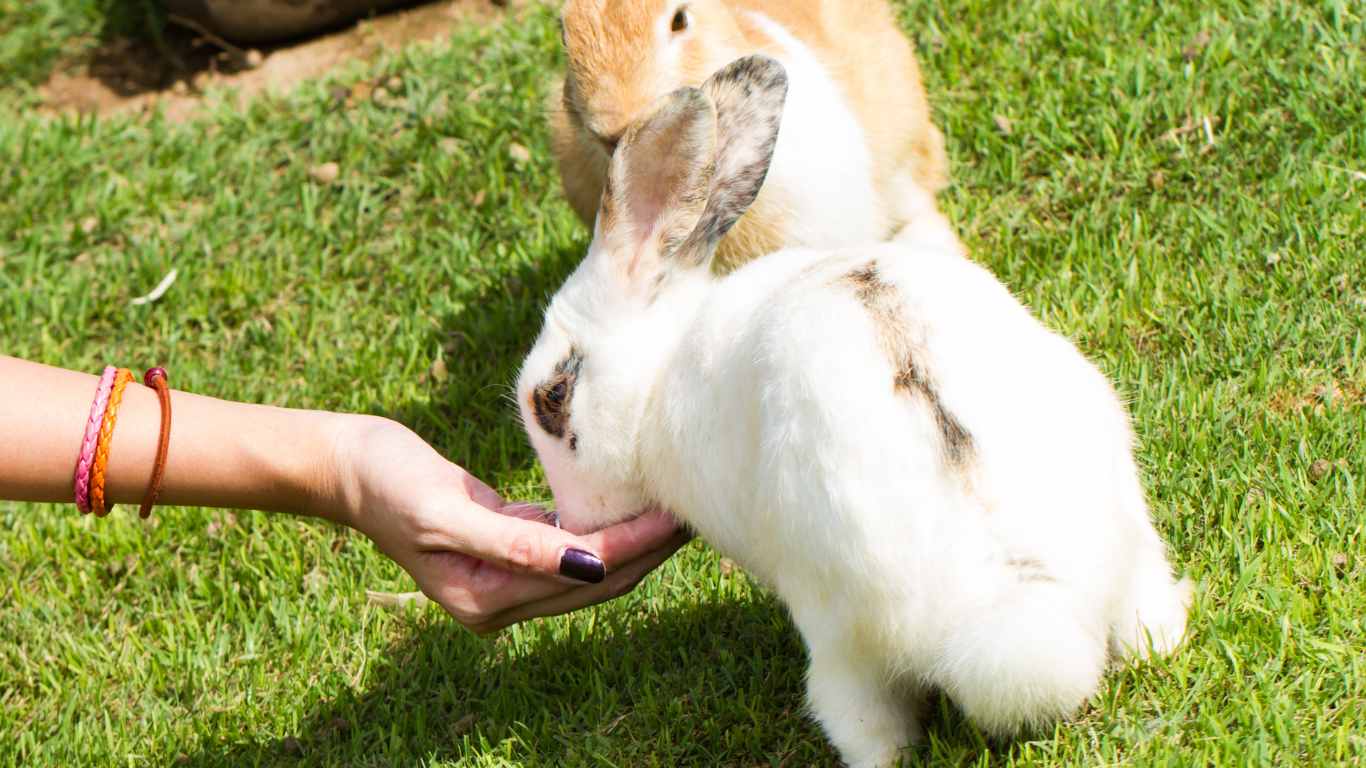
Some rabbits may have more sensitive digestive systems and may not tolerate new foods well, including blueberries. It’s important to monitor your rabbit’s digestion after introducing blueberries into their diet. If you notice any signs of gastrointestinal upset or discomfort, it may be best to discontinue feeding blueberries and consult with a veterinarian.
To ensure the safety of your rabbit, always provide fresh blueberries and remove any uneaten portions promptly to prevent spoilage. Thoroughly washing the blueberries before feeding them to your rabbit is necessary to remove any dust or potential pesticide residue that may be present.
Remember, rabbits should only consume raw foods as cooked food can upset their delicate digestive systems. Raw blueberries offer the most nutritional benefits for your furry friend.
Take a look at the table below for a summarized overview of the concerns when feeding blueberries to rabbits:
| Concerns | Recommendations |
|---|---|
| High sugar content | Limit the amount offered to prevent obesity |
| Sensitivity to new foods | Monitor your rabbit’s digestion after introducing blueberries |
| Freshness | Provide fresh blueberries and promptly remove any uneaten portions |
| Pesticide residue | Thoroughly wash blueberries before feeding them to your rabbit |
| Cooked food | Offer only raw blueberries to rabbits |
Remember, the health and well-being of your rabbit should always be your top priority. If you have any concerns or questions about feeding blueberries or any other food to your rabbit, consult with a veterinarian for personalized advice.
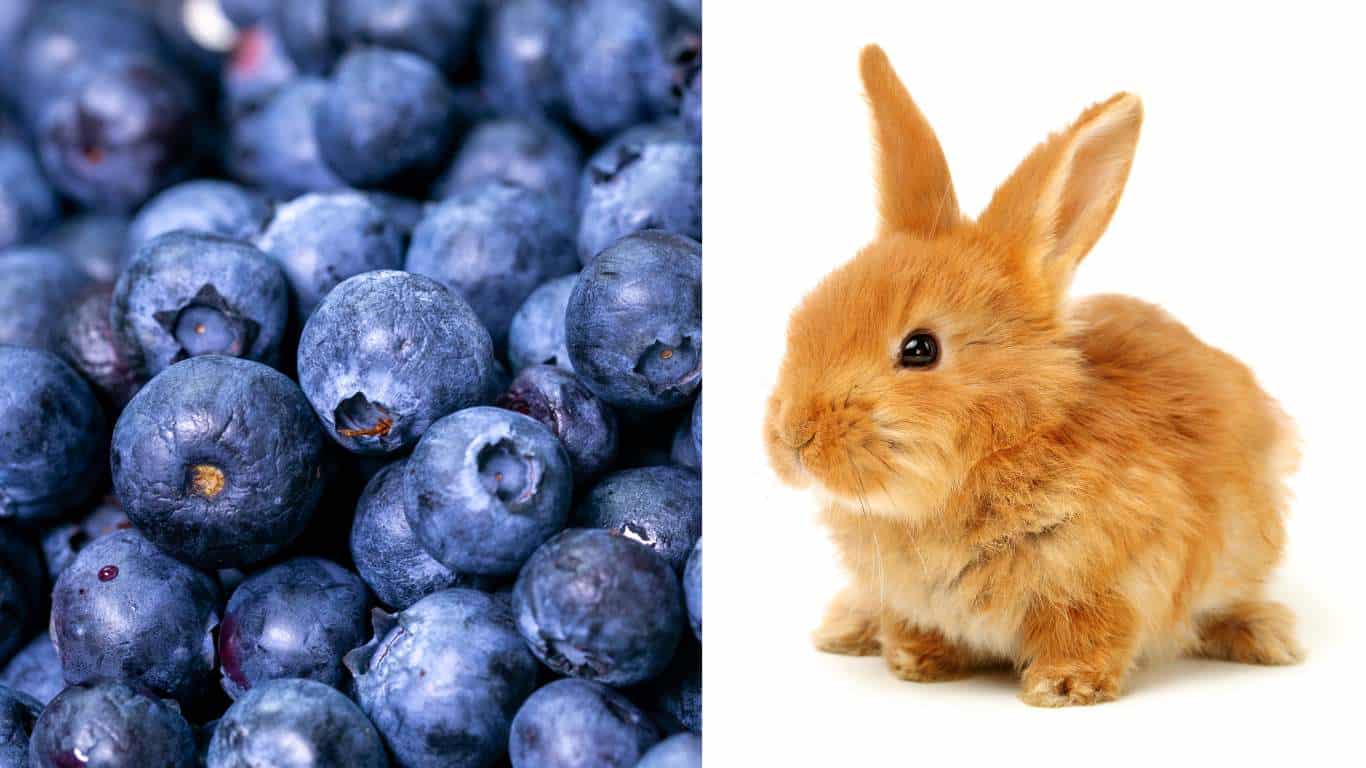
How Many Blueberries Can Rabbits Eat?
When it comes to feeding blueberries to your rabbits, moderation is key. While blueberries are a delicious and nutritious treat, it’s important to provide them in controlled amounts to avoid excessive sugar intake. Can rabbits eat blueberries? The recommended serving size for blueberries is 1-2 tablespoons of fruit per day.
It’s crucial to remember that blueberries should not make up a significant portion of a rabbit’s diet. Instead, they should be offered as an occasional treat alongside a balanced diet that includes hay, fresh vegetables, and high-quality rabbit pellets.
Every rabbit has unique dietary needs, so it’s essential to observe their reaction to blueberries. Some rabbits may tolerate blueberries well, while others may experience digestive issues. If you notice any adverse effects or changes in your rabbit’s behavior after introducing blueberries, consult with a veterinarian for guidance on adjusting their diet.
Remember, variety is key in a rabbit’s diet. Blueberries should be just one component of a diverse range of fruits and vegetables offered to ensure a well-rounded nutrient intake for your furry friend.
| Benefits of Feeding Blueberries to Rabbits | Concerns when Feeding Blueberries to Rabbits |
|---|---|
| Blueberries are a good source of essential vitamins, including vitamin C, which boosts the immune system and aids in wound healing.They are rich in antioxidants that protect rabbit cells from damage.The dietary fiber in blueberries promotes healthy digestion and prevents gastrointestinal issues like hairballs and GI stasis.Blueberries contribute to a rabbit’s hydration levels due to their high water content. | Blueberries are relatively high in natural sugars, so excessive consumption can lead to digestive upset and obesity.Monitor your rabbit’s digestion and adjust the serving size if needed.Ensure the blueberries are fresh, free from mold or spoilage.Thoroughly wash the blueberries before feeding them to remove any dust, pesticides, or contaminants.Remember that rabbits should only eat raw foods to avoid digestive issues. |
Join the Pet Planet Diaries
Sign up for our newsletter to get the latest tips, stories, and exclusive insights into the wonderful world of pets.
Final remarks
In brief, can rabbits eat blueberries? Rabbits can enjoy blueberries as part of a healthy and balanced diet. Blueberries provide essential vitamins, antioxidants, and fiber that contribute to their overall well-being. However, it is important to offer blueberries in moderation and monitor their digestion. Blueberries should only make up a small portion of a rabbit’s diet, with the majority consisting of hay, fresh leafy green vegetables, and high-quality rabbit pellets.
While blueberries offer nutritional benefits, their high sugar content requires caution. It is crucial to limit the serving size and ensure that blueberries are not the primary source of fruit in a rabbit’s diet. Variety is key, so other fruits and vegetables should be incorporated into their meals. Remember that every rabbit is unique, so tailor their diet accordingly with guidance from a veterinarian, if needed.
Ultimately, can rabbits eat blueberries? Blueberries are a delicious and nutritious treat that can enhance a rabbit’s diet. By offering blueberries in moderation and prioritizing a diverse range of fruits and vegetables, you can ensure that your rabbit receives the necessary nutrients for a long and healthy life.
FAQ
Can rabbits safely eat blueberries?
Yes, rabbits can safely eat blueberries in moderation.
Are blueberries a nutritious treat for rabbits?
Yes, blueberries are a tasty and nutritious treat for rabbits, providing essential vitamins, antioxidants, fiber, and hydration.
How should blueberries be prepared before feeding them to rabbits?
Blueberries should be washed thoroughly to remove any pesticides or contaminants before feeding them to rabbits.
Can blueberries be a significant portion of a rabbit’s diet?
No, blueberries should be given sparingly and should not make up a significant portion of a rabbit’s diet.
What other fruits can rabbits enjoy?
Other fruits that rabbits can enjoy in moderation include apples, bananas, strawberries, pears, and melons.
What are the nutritional benefits of blueberries for rabbits?
Blueberries are a good source of vitamins, especially vitamin C, antioxidants, and dietary fiber, which support a rabbit’s immune system, cell health, and digestion.
What concerns should I have when feeding blueberries to rabbits?
It’s important to limit the serving size, provide fresh blueberries, monitor the rabbit’s digestion, and remove any uneaten portions promptly to prevent spoilage.
How many blueberries can rabbits eat?
The recommended serving size is a maximum of 1-2 tablespoons of blueberries per day to avoid excessive sugar intake.

